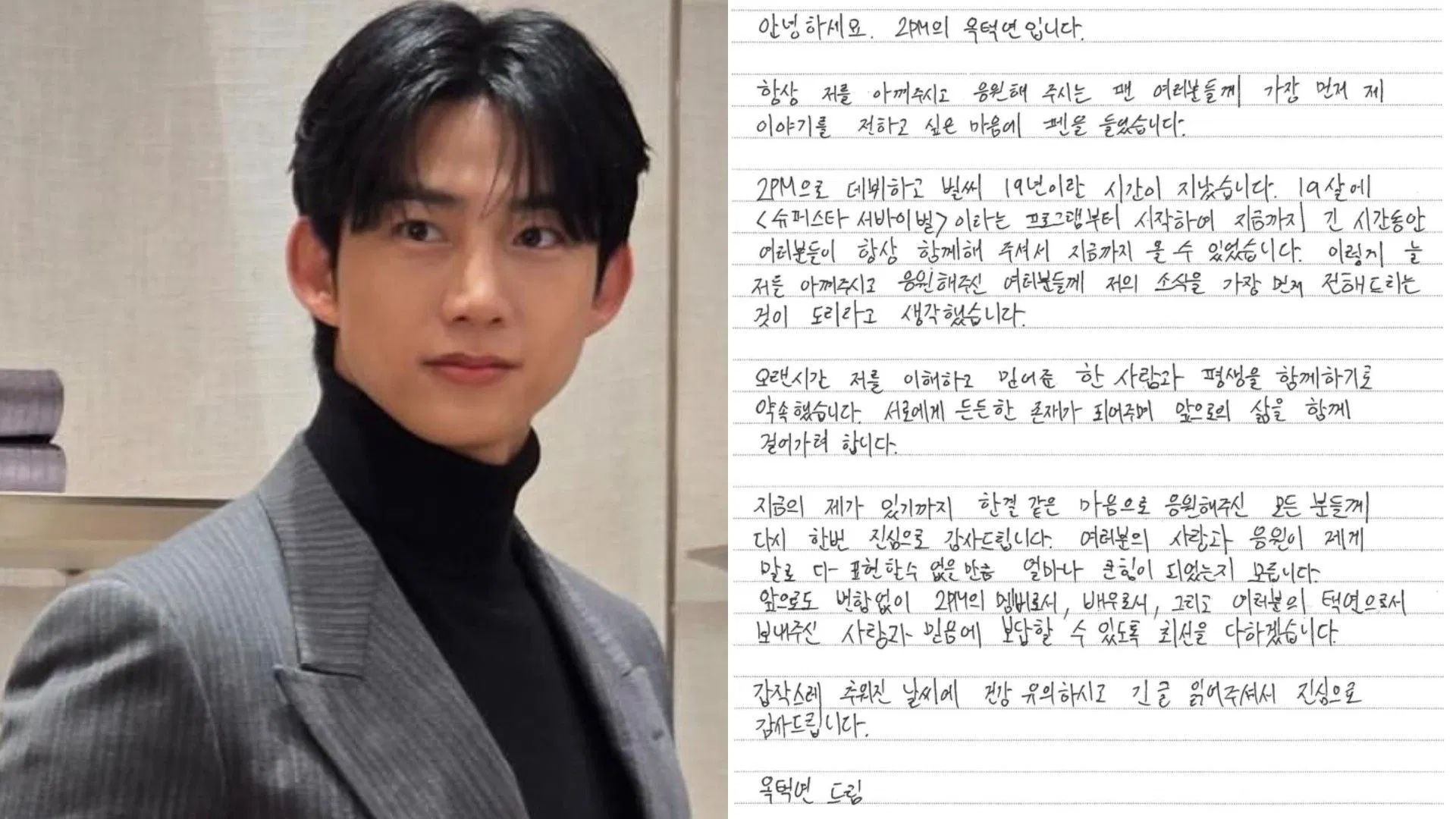Copyright M Live Michigan

FENTON, MI – A new member has been selected for the Fenton Board of Education. The board voted on Oct. 21 to appoint Ryan Reece to fill the seat left vacant following the resignation of Ashley Prew. Prew resigned last month following her decision to run for Genesee County Probate Court Judge in 2026. She wouldn’t be able to hold both roles simultaneously. The board’s decision came following interviews with six candidates at the October meeting. Board members asked the applicants six questions, including who they are and why they applied, what skills and experience they’d bring to the role, what they would do to make them effective in the position, identifying a recent board decision and what factors would play into their vote, how they would deal with being approached in the grocery store and asked to support a certain item, and what challenges the district is facing. All the interviews can be seen here. Reece told the board he is a father of two children in the district, volunteers for field trips, in the classroom, and through the PTO, as well as being an emergency medicine physician. “That’s my favorite job, being a dad to them,” said Reese, while noting his job allows to him “have the freedom and flexibility” to be involved in the district and develop skills that would help on the board. “It’s developed my critical thinking and making decisions, thousands of decisions a day, sometimes with good information, sometimes not,” Reece said during his interview. “From that I also have experience as a board member on a few nonprofit boards in the community,” he said. “From that experience, coupled with my passion for my kids and the school district, kind of led me to hearing about this opportunity and applying for it.” Reece said he has experience on boards and “working in health care, working as an ER physician, a lot of it not me, it’s us, and the team.” He noted it’s important to find trusted sources to learn about issues, and in preparing for the interview he “sought out council from people who are in a similar role or have experience serving in this role to kind of get their understanding and their background of it.” “A lot of my job I can’t know everything, but I know where to look or who to ask for council or who to ask to help me make a decision has been helpful in other aspects of my life,” Reece said. In terms of the values and beliefs he’d use to determine on a board vote, including balancing community concerns, student needs, state and federal law, staff and his own thoughts, Reece said he’d seek people to speak with that are knowledgeable on the issue, figures out what laws there area, and what the implications of the vote would mean. “I would need to know more information before I make a decision. I can’t just say yes or no based on what I’m hearing,” he said. “I like to respond with objective information and not simply hearsay and narratives that are out in the community. “Certainly, someone’s experience is their reality, and not discrediting that, but trying to find a way to objectively evaluate especially hot topic issues because there can be concerns with fear, there can be concerns with emotions and subjectivity and you need to be able to make decisions based on reality and truth.” Reece provided some levity during the interview, noting “I would be surprised that someone would know who I was” to approach him about a board item at the grocery store with drew some laughs from the seated board members. “Hopefully I did a good enough job making myself visible to the public, being able to be a listening ear to the community. I do like talking to people, I like having conversation,” he said. “I don’t know that I would necessarily be able to provide them with what they want. If they want an action or if they want support on a really important topic, I would refer them back to this body for consideration. “But certainly, I would make sure that there are boundaries set with that person, letting them know that I’m not speaking for anybody other than myself, and certainly can have a discussion but there wouldn’t be any decisions that would come out of it that would be of substantive value.” Of the challenges facing the district, Reece said he’s not sure if it’s specific to Fenton alone, but one that’s more of public schools in general “in terms of decisions are getting more and more difficult for our elected officials to make which affect us as well.” He noted the issue surrounding how funding is allocated to the district “and how that then determines how many FTEs you have to support a school, to support students.” “I think it’s really important to be mindful of these issues and being proactive,” Reece said. “For me the biggest things that I worry about are how well are we doing in terms of recruiting students to our district and retaining them, how are we getting them in, what’s keeping them here. “Do we have something here that is unique? Do we have something here that provides value to their education? (It’s the) same thing for staff. What is it about Fenton that makes them want to come work here and what makes them want to stay?” He said it’s important to think about such things to retain individuals that help students in terms of teaching style and building community which can be difficult to replace. Having gone to public schools, trained and worked at a public hospital and university, Reece said, “I very much understand the importance of public education, and I’d be happy to help fill in this role.”



